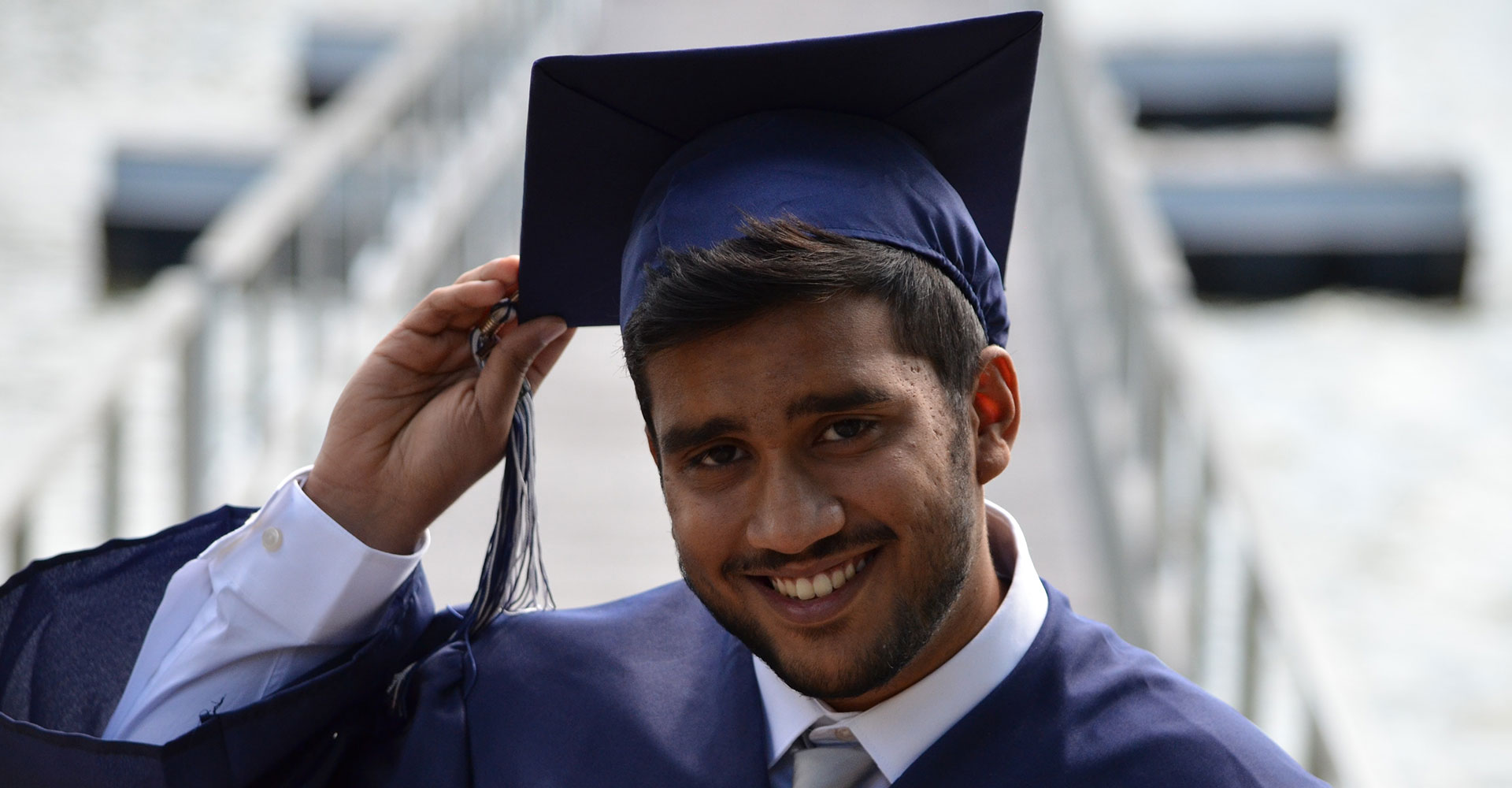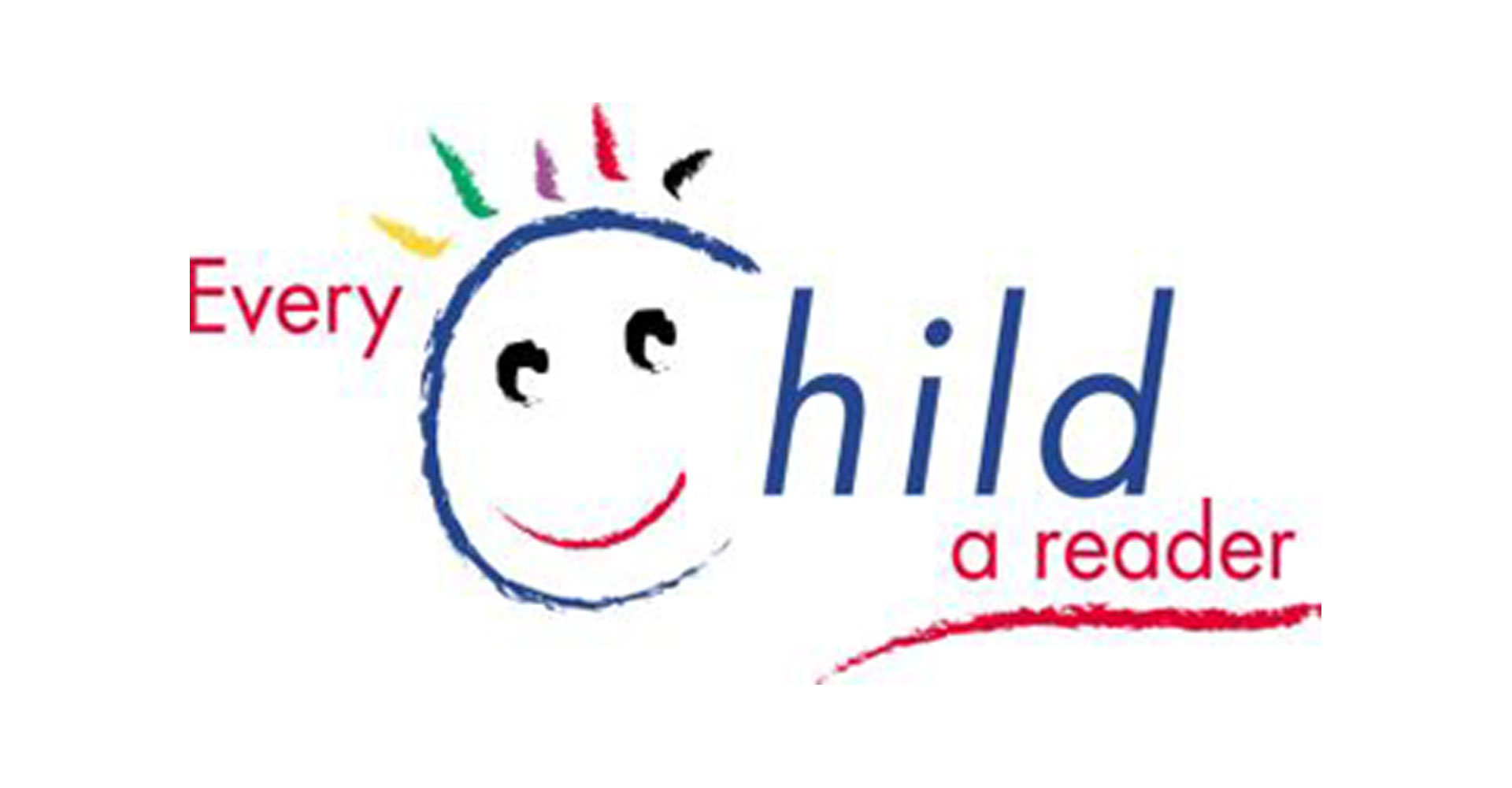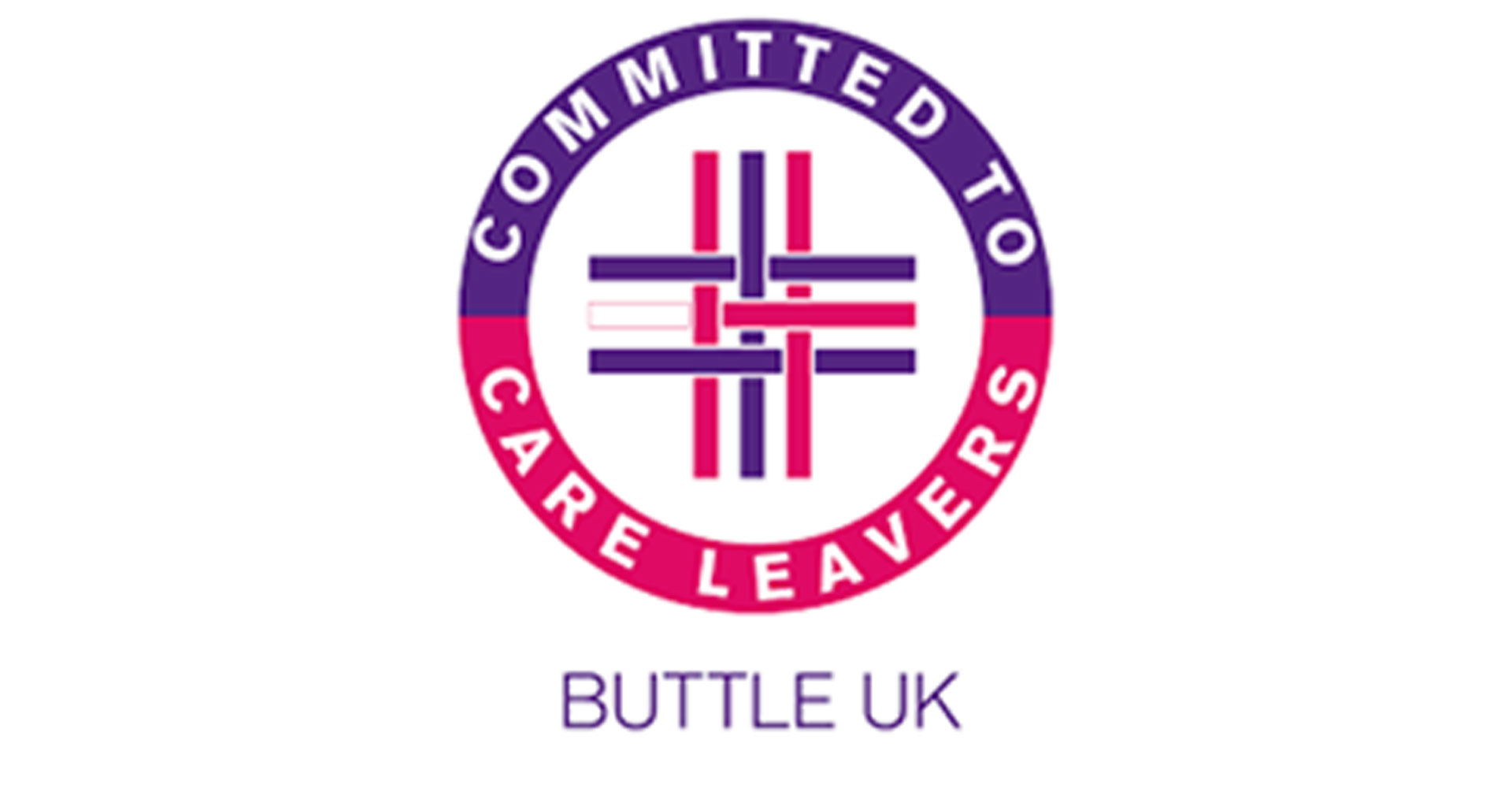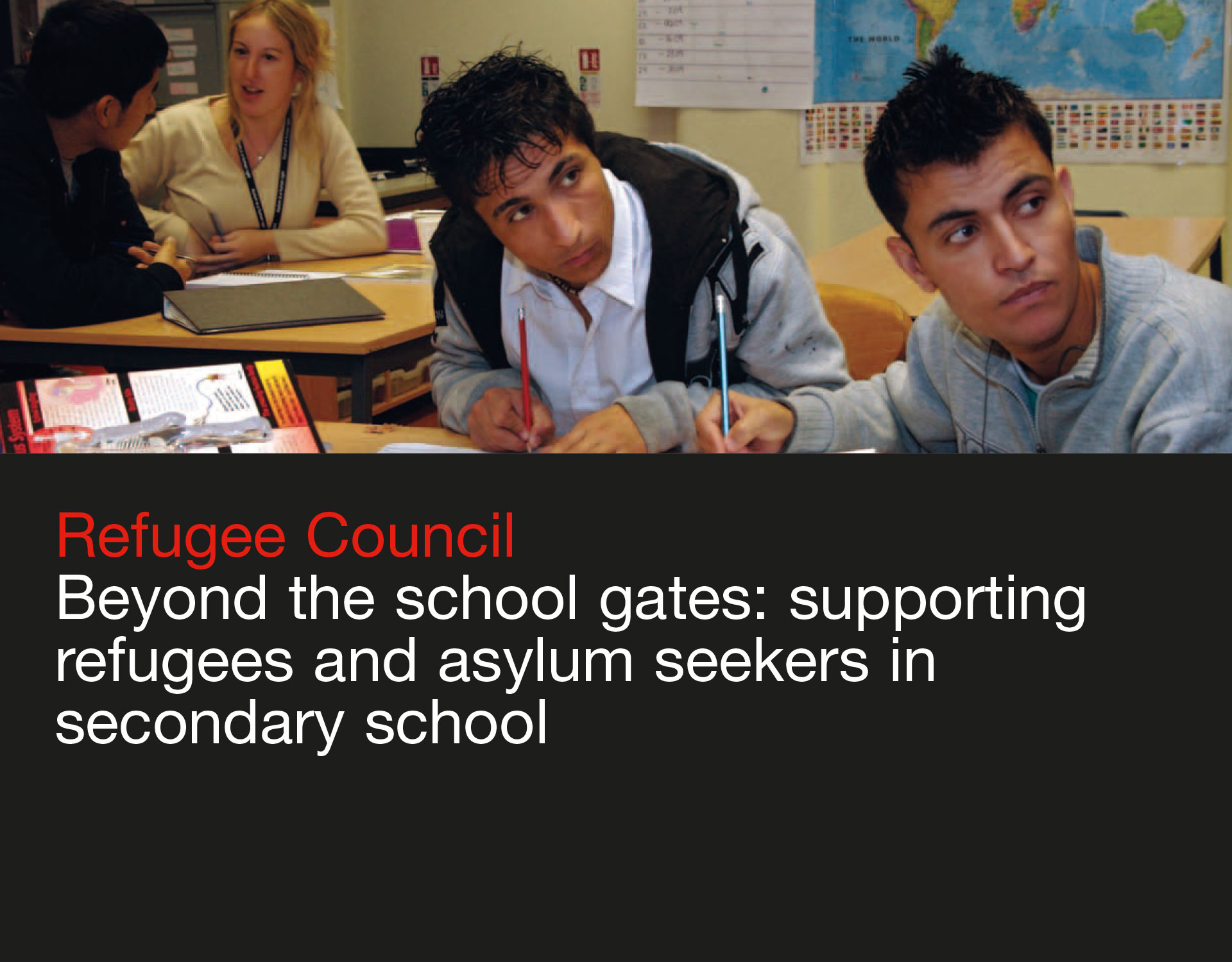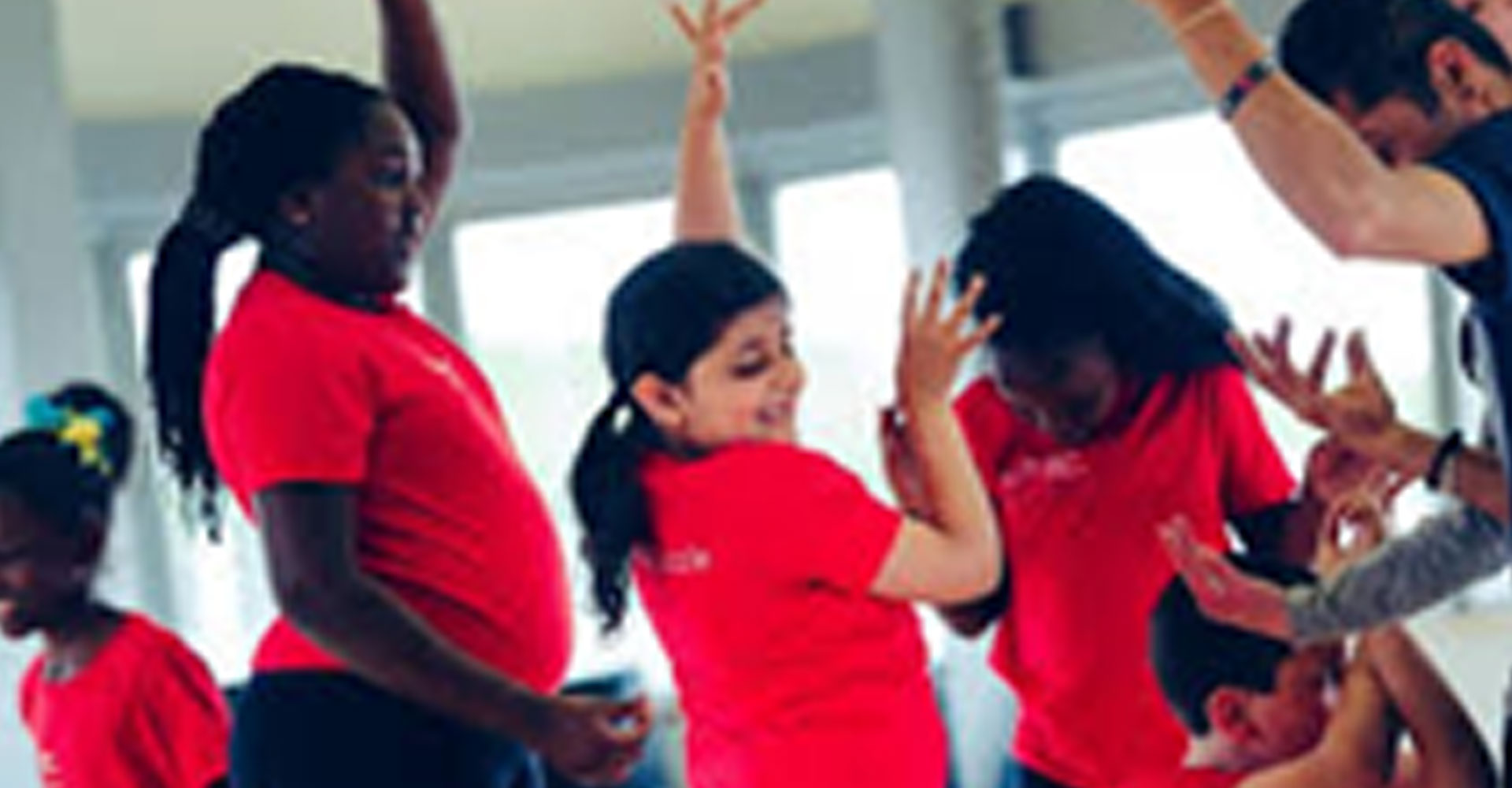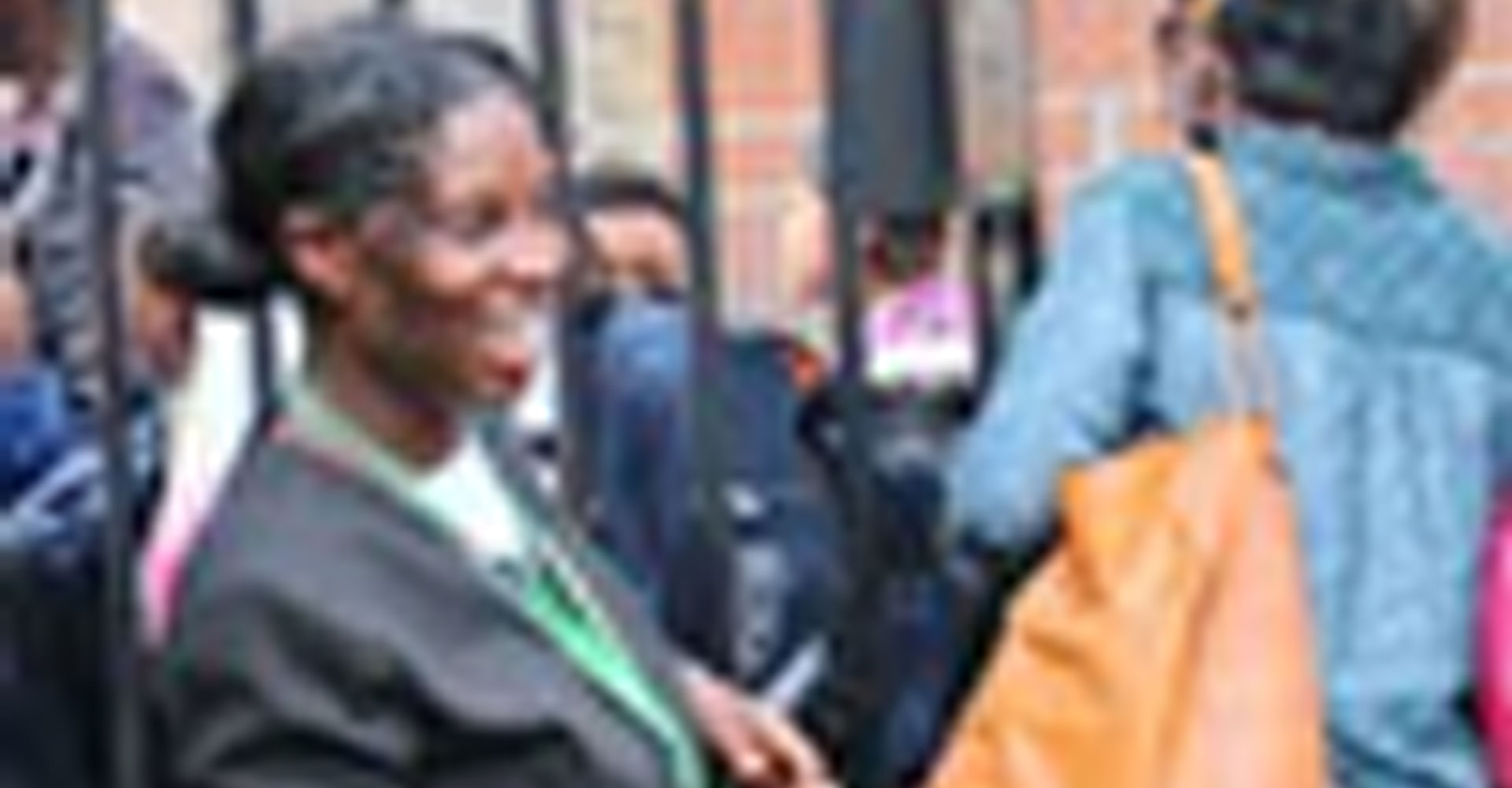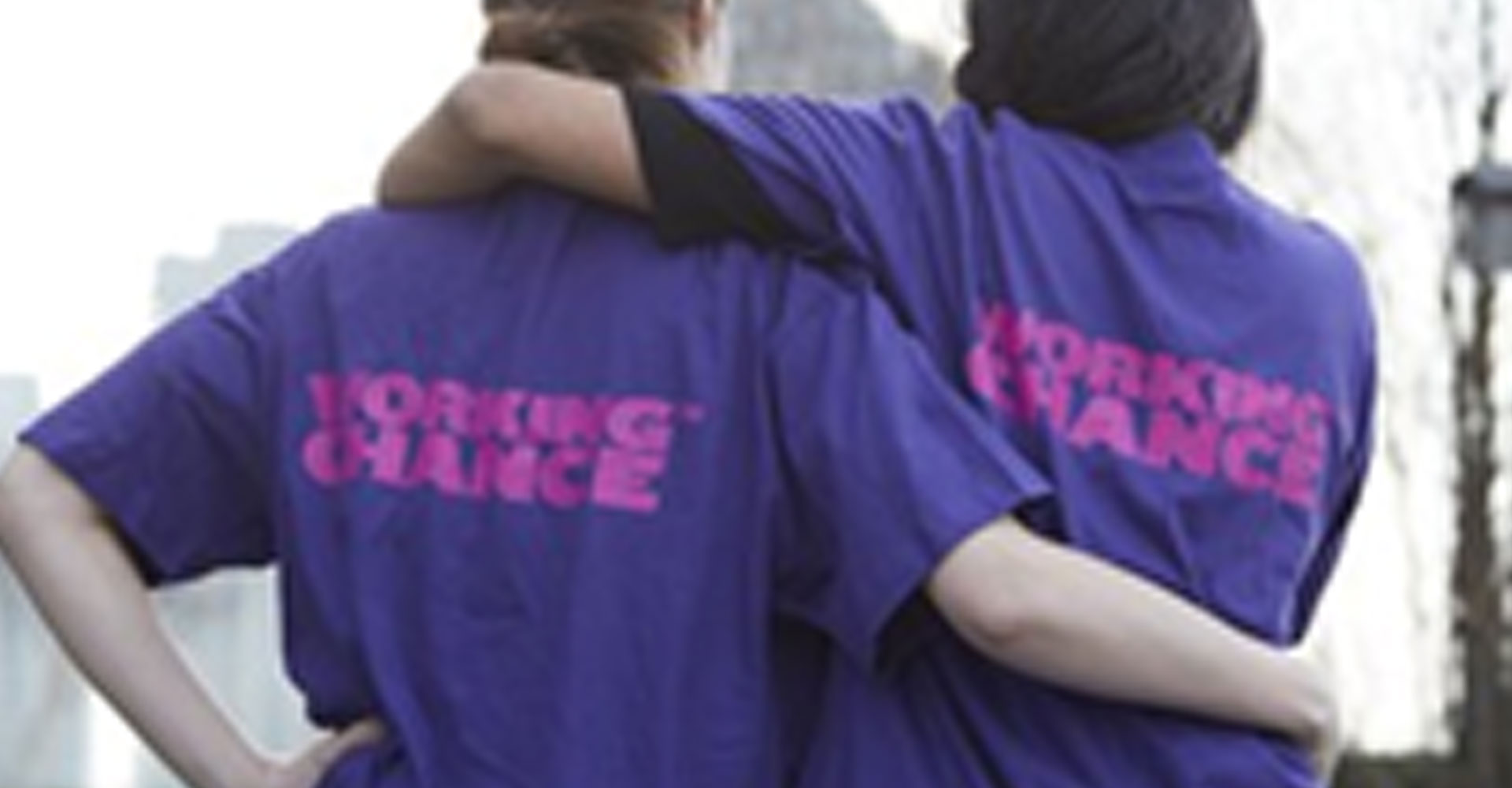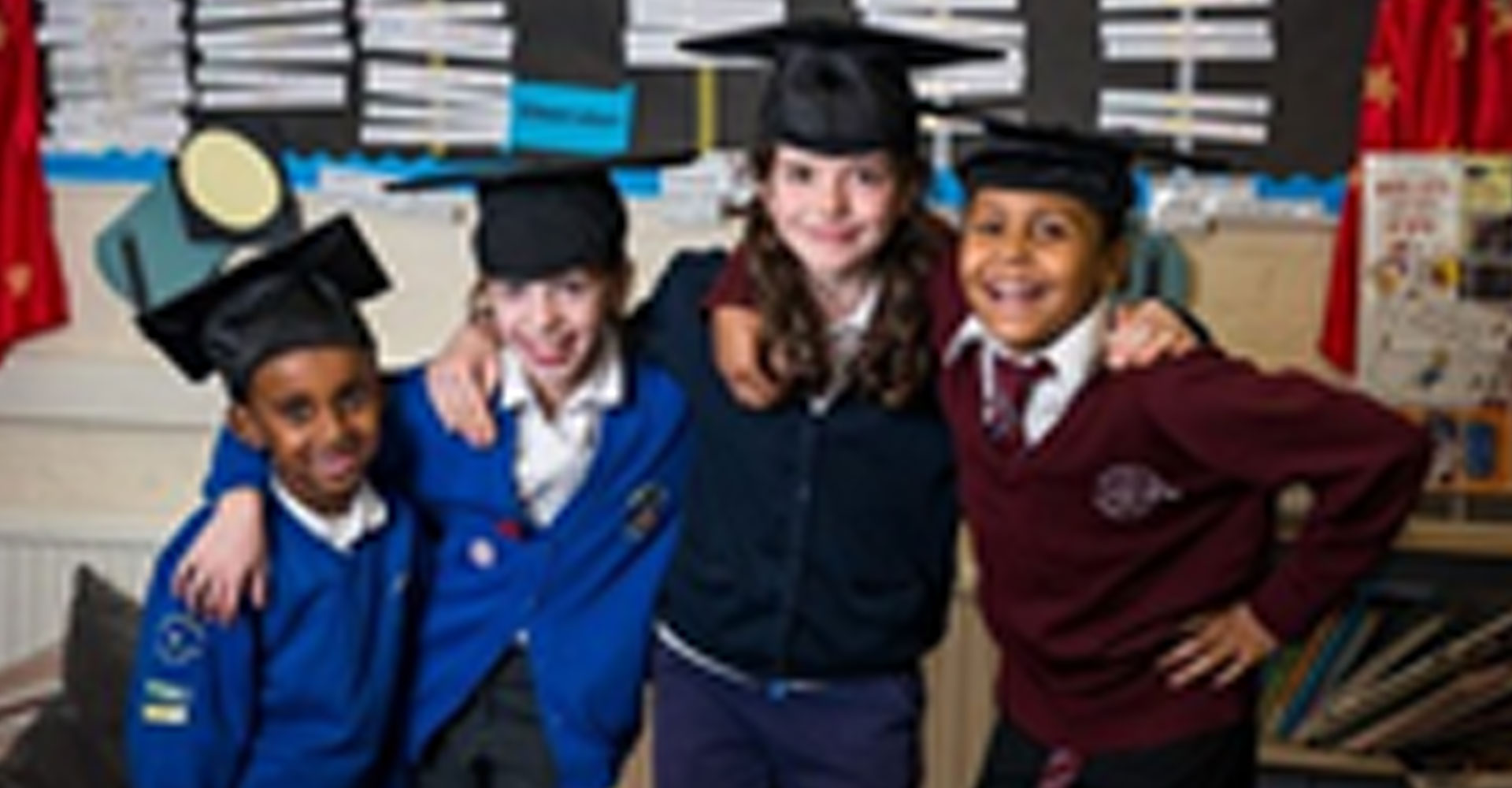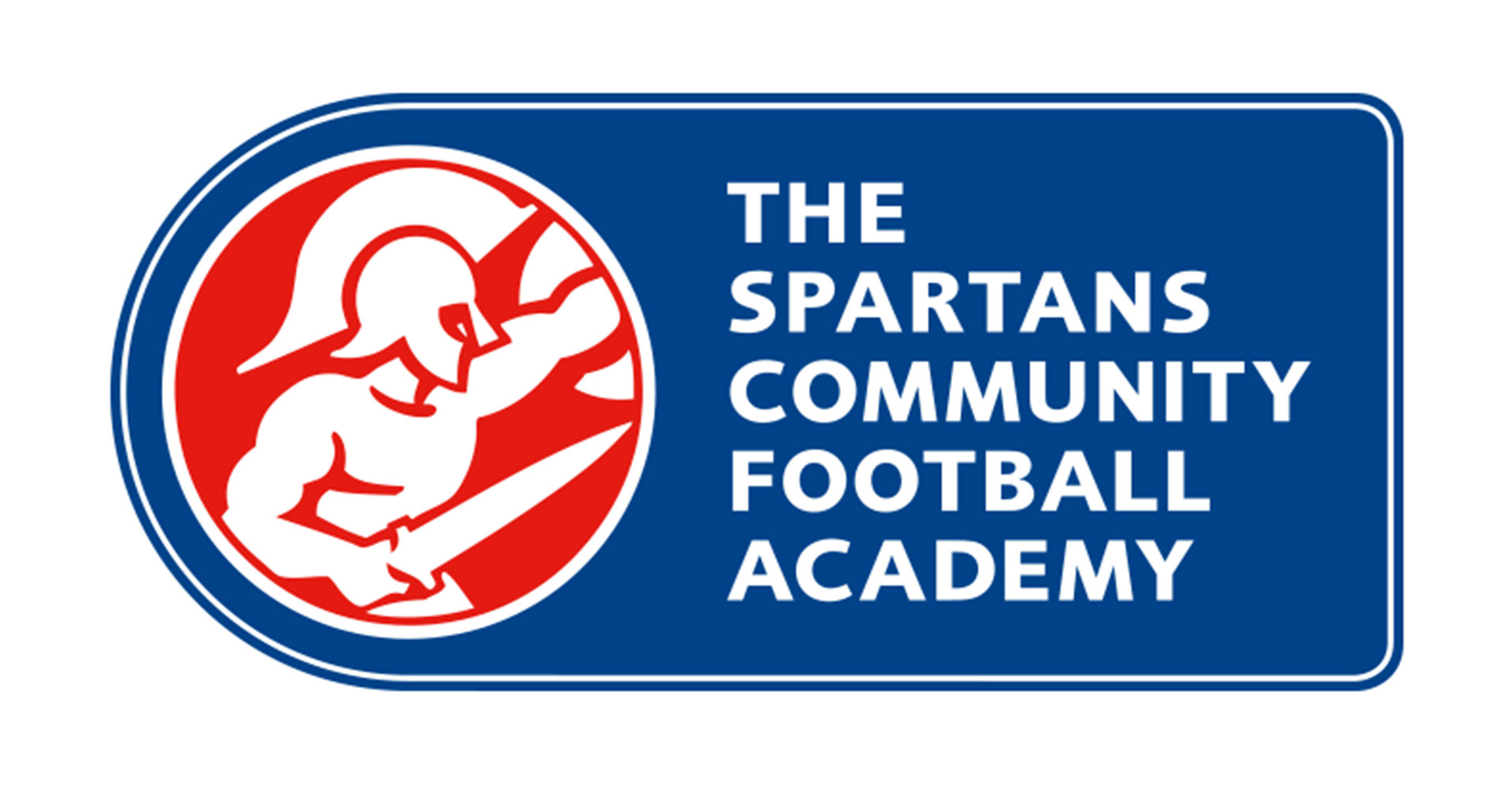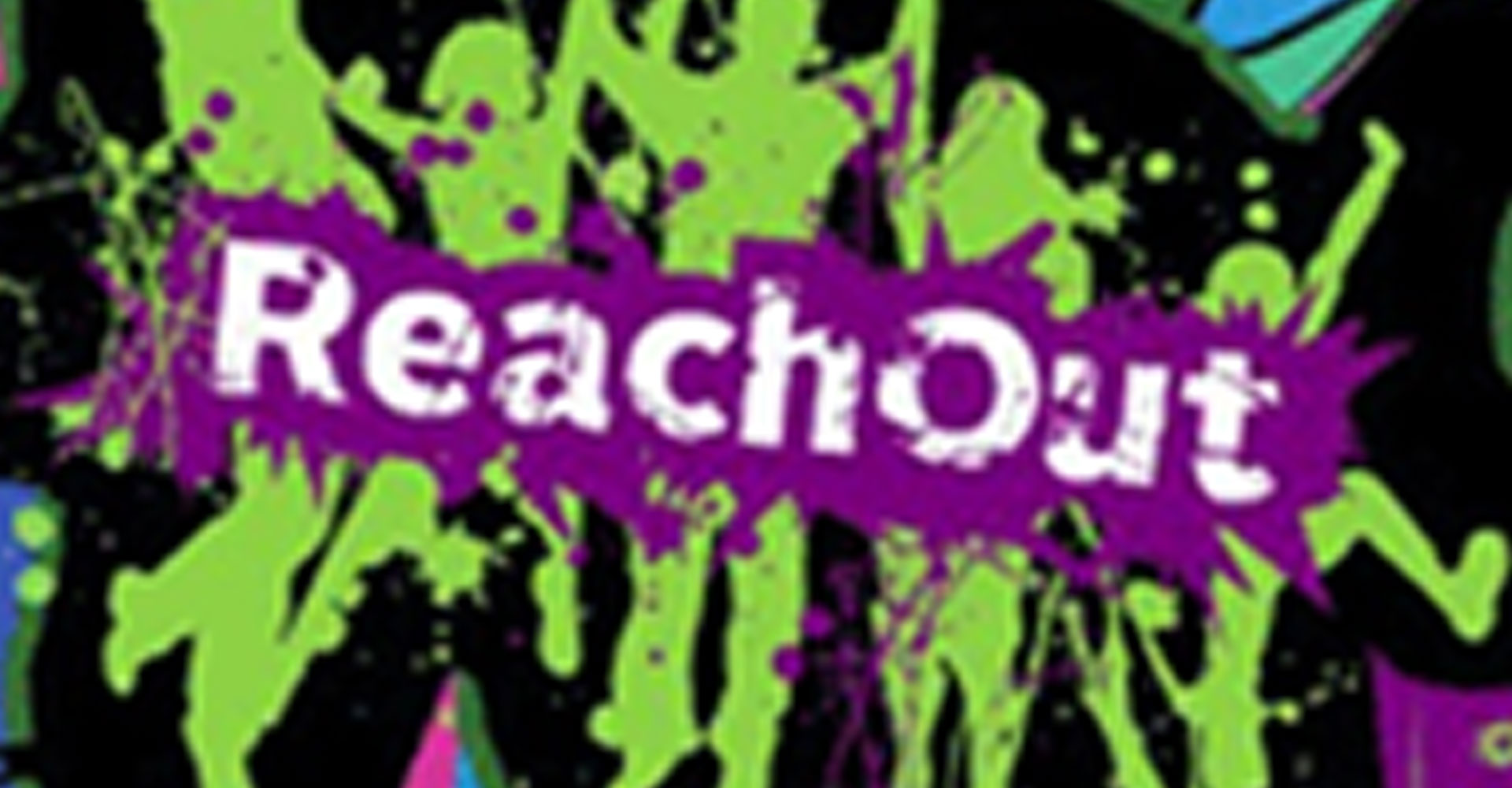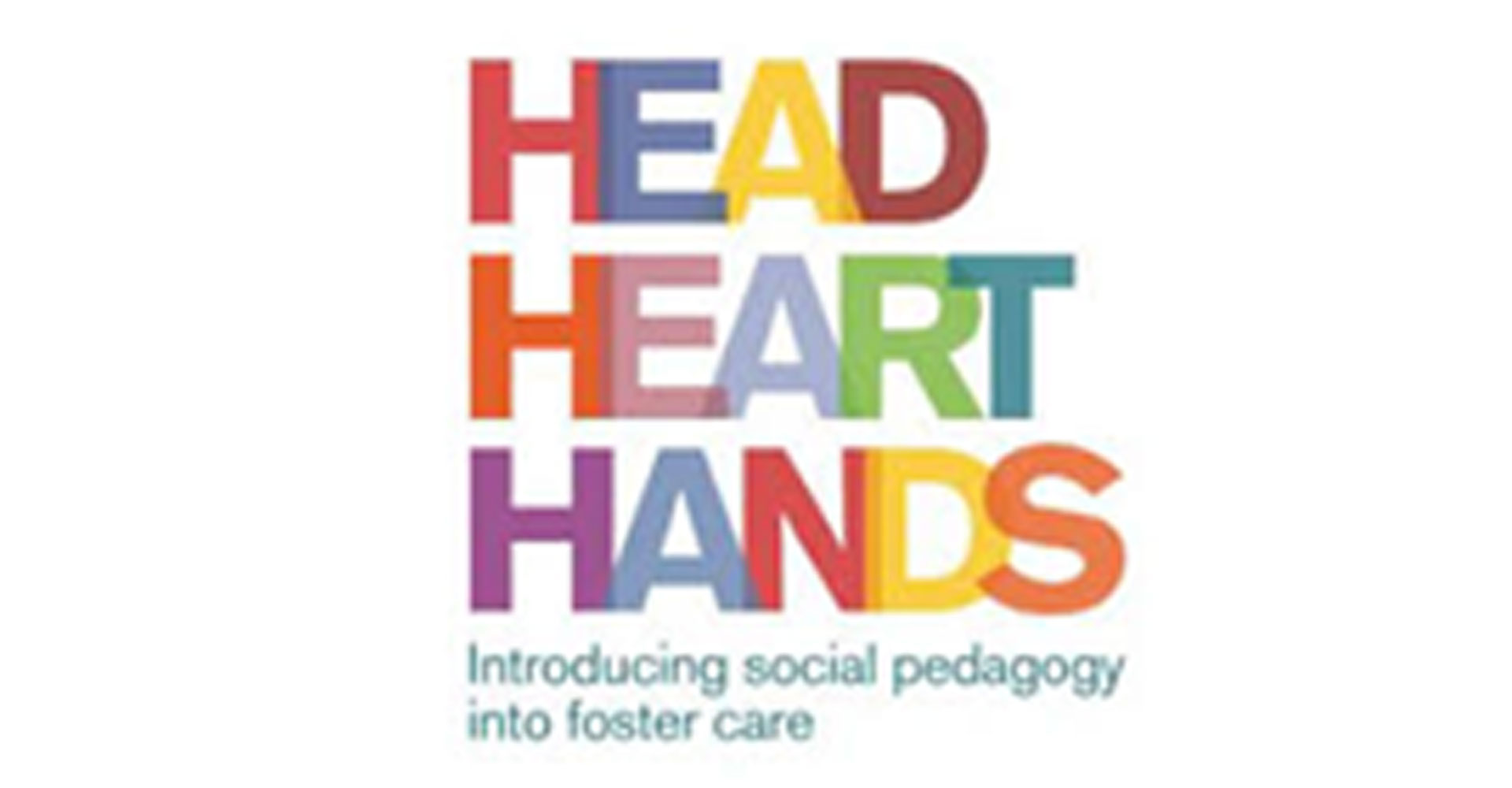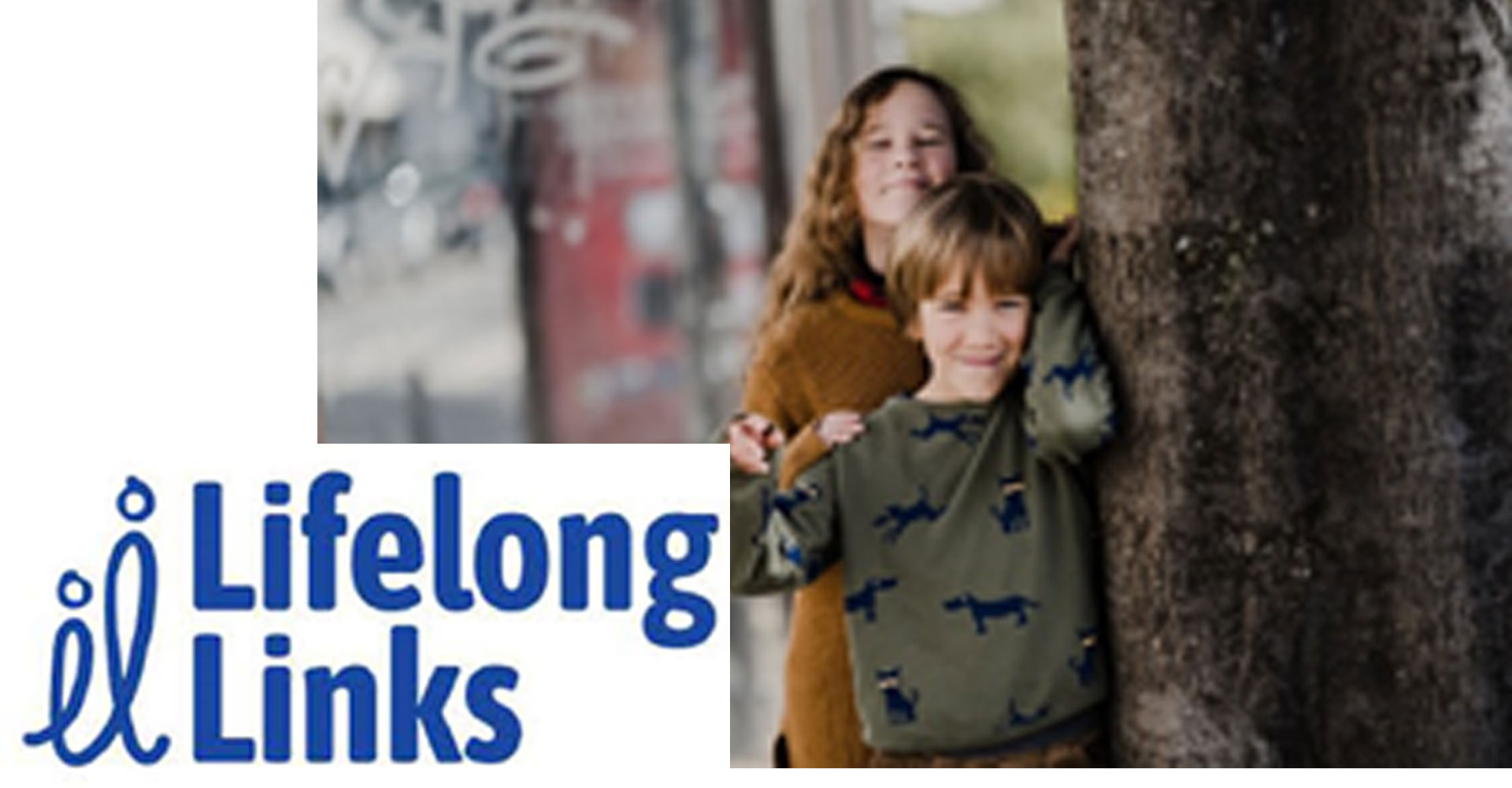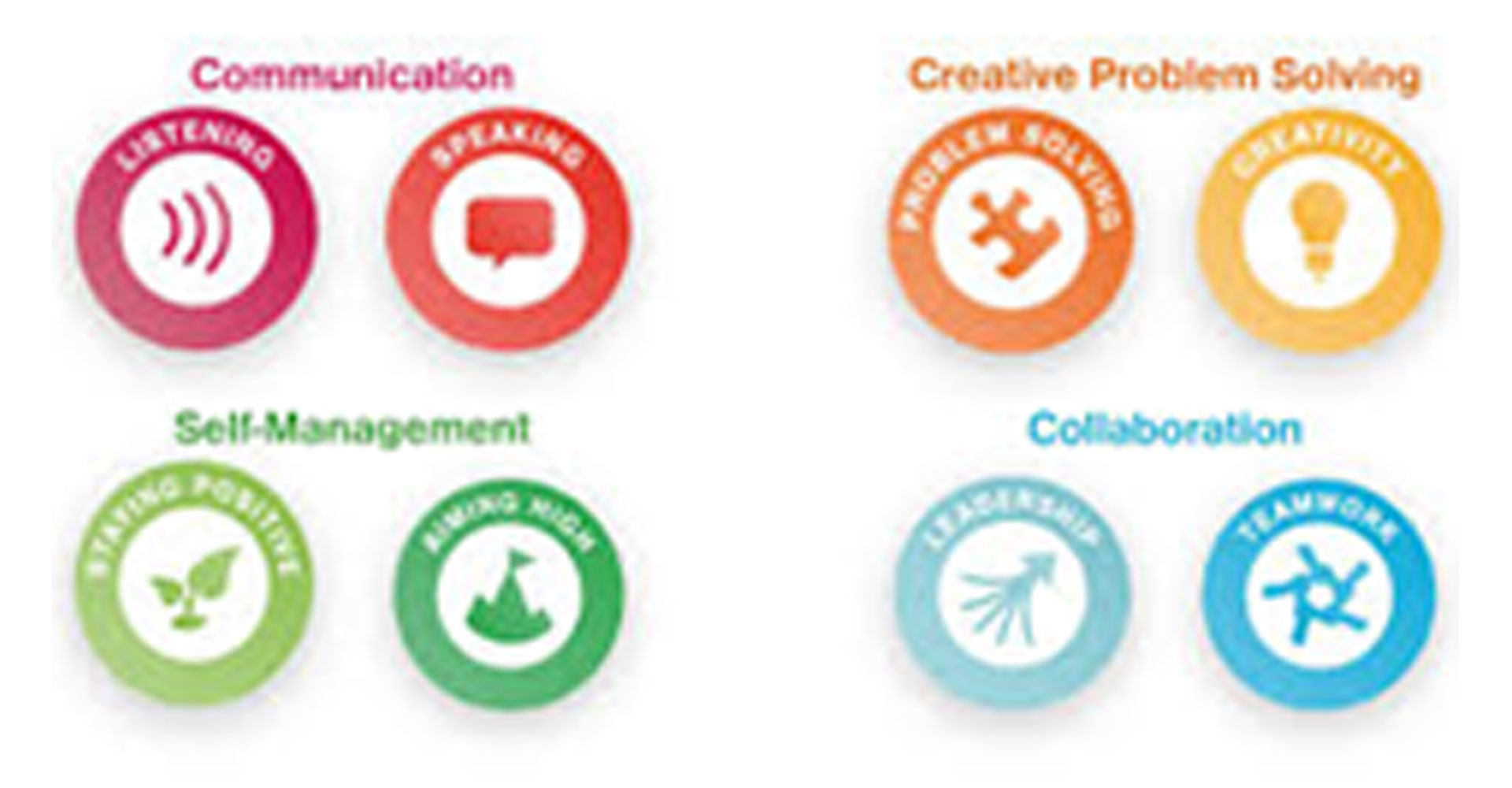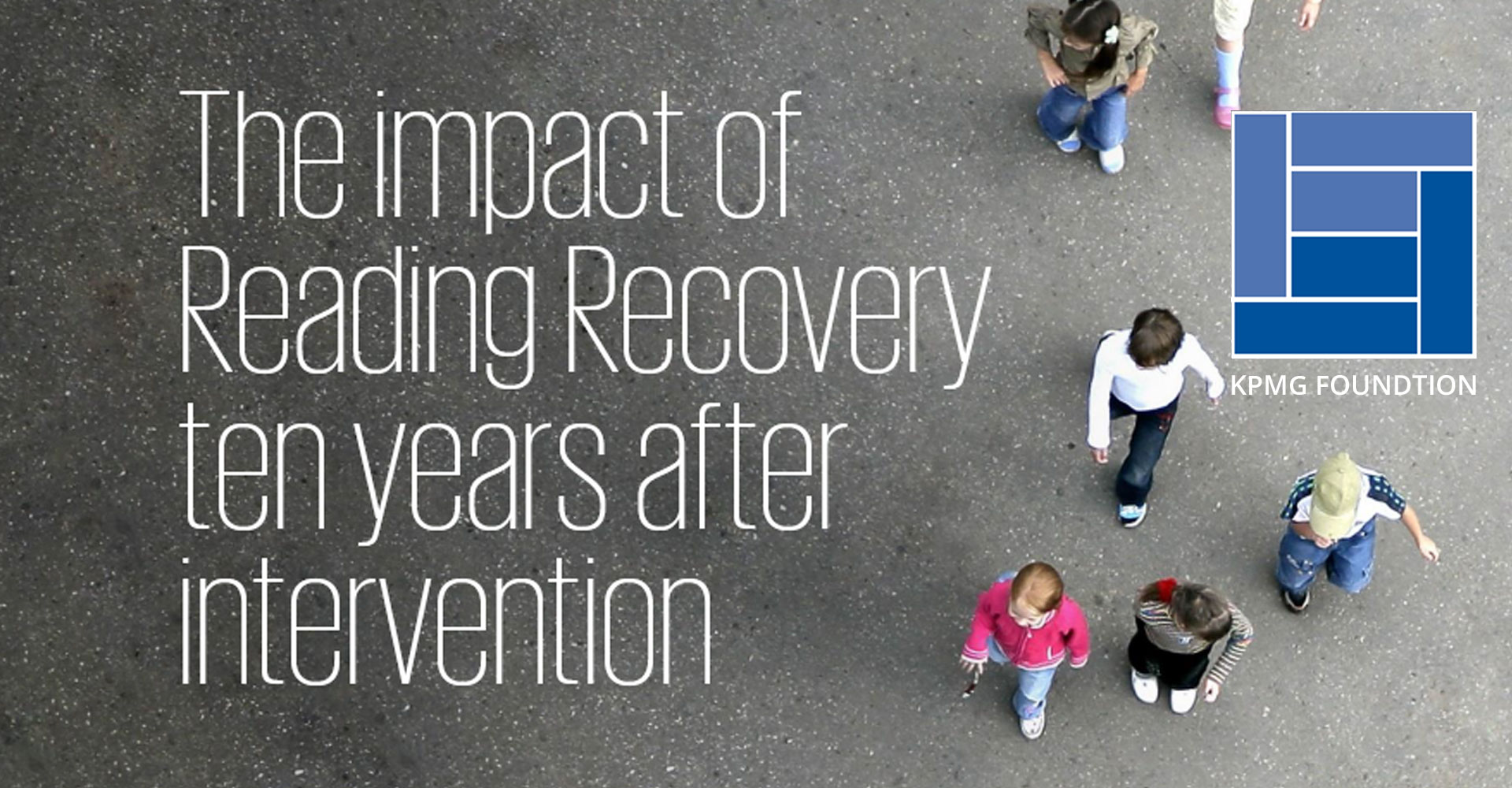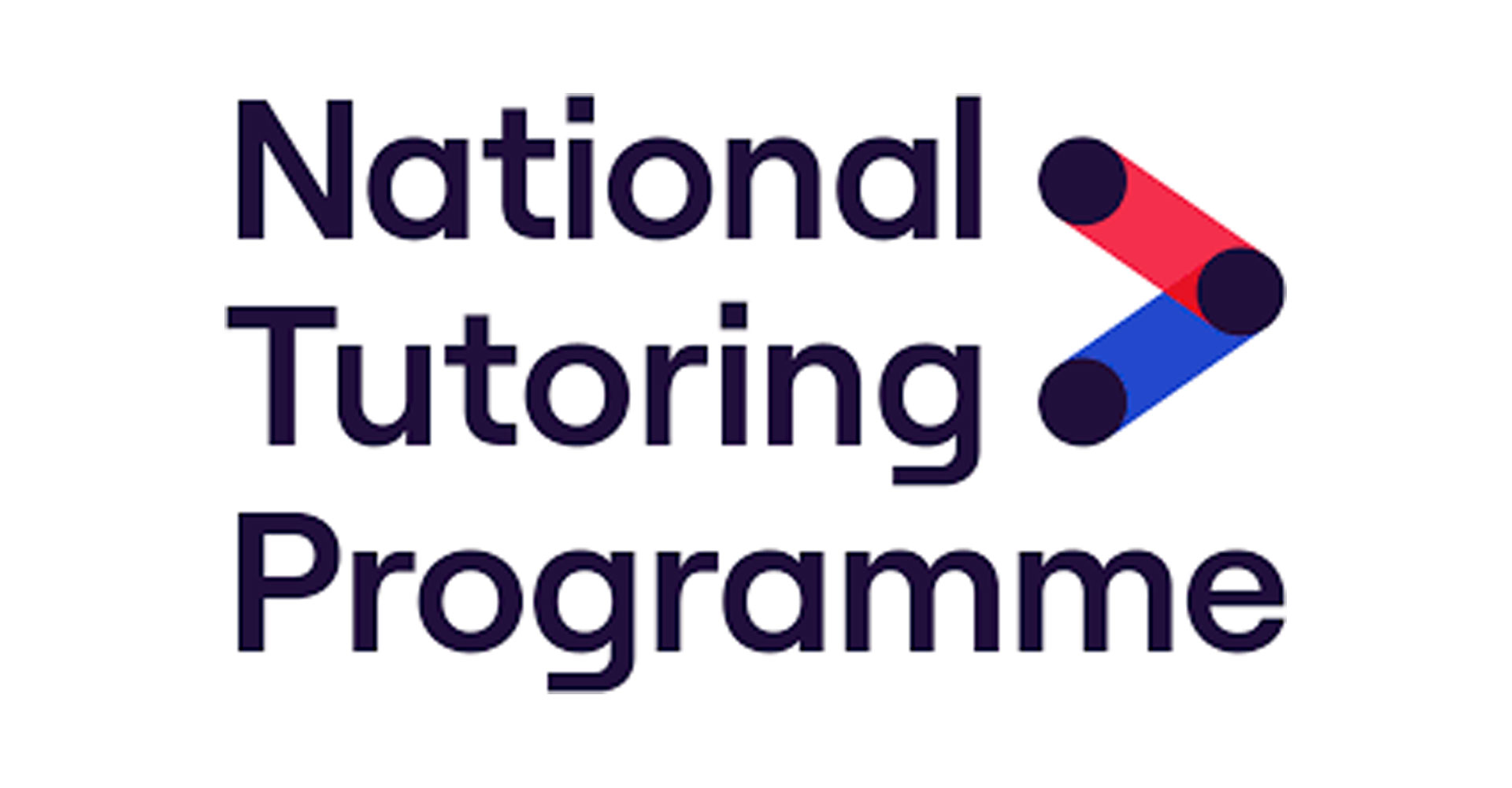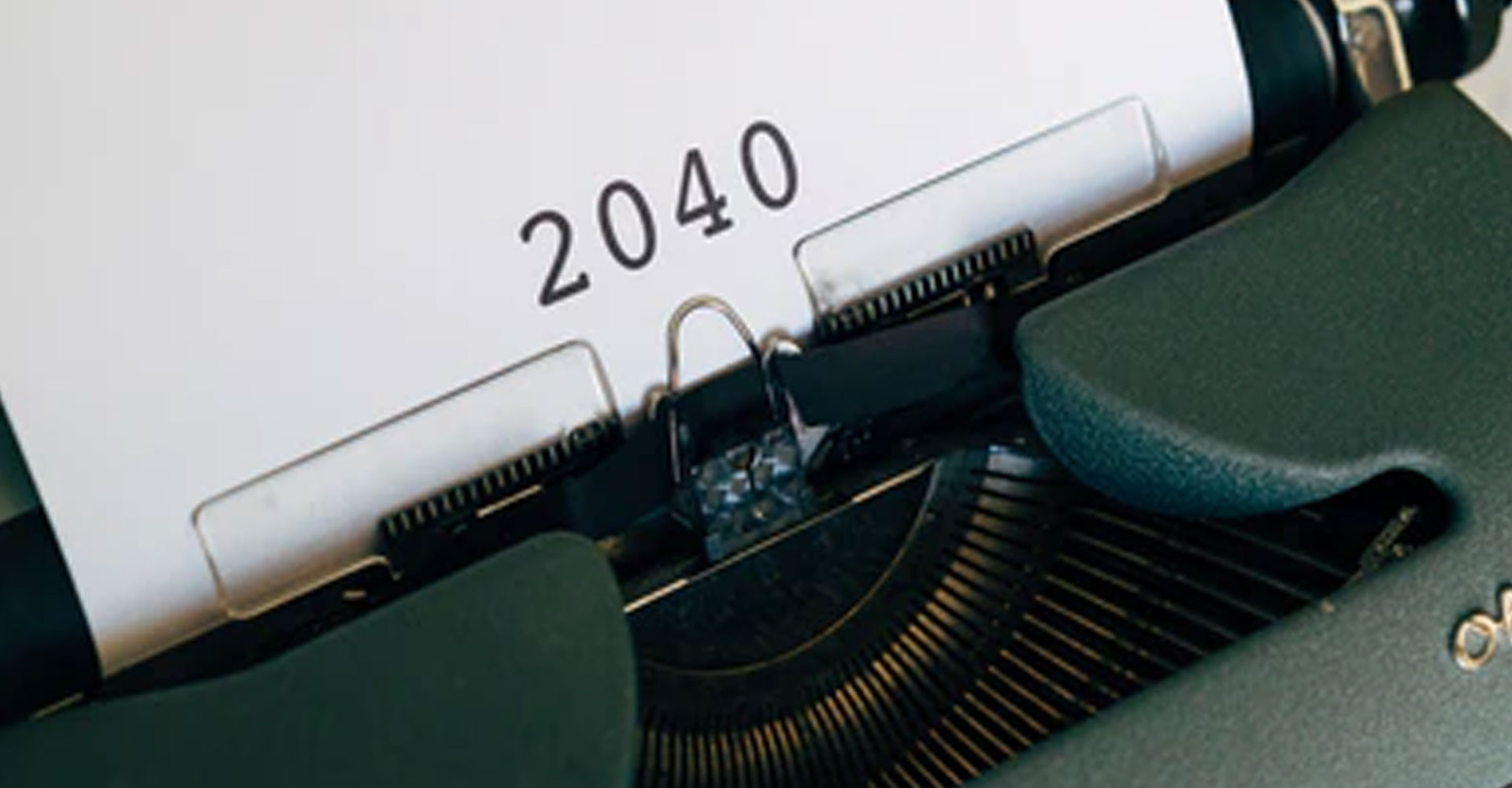Our 20 year timeline provides a snapshot of the KPMG Foundation, through 20 stories. We have supported thousands of children and young people facing real challenges to their safety, education, health and happiness.
As you read them, we hope you can also see the bigger picture of the Foundation’s long term commitment to change. Our strategic relationships help build evidence and create influence, to ensure that no child is left behind.
20 at 20
20 stories of change over 20 years
2020 marked 150 years of KPMG, and the 20 year anniversary for the KPMG Foundation.
Much has changed over 20 years but the passion to help improve the lives of vulnerable children and young people, remains at the heart of KPMG’s charity





